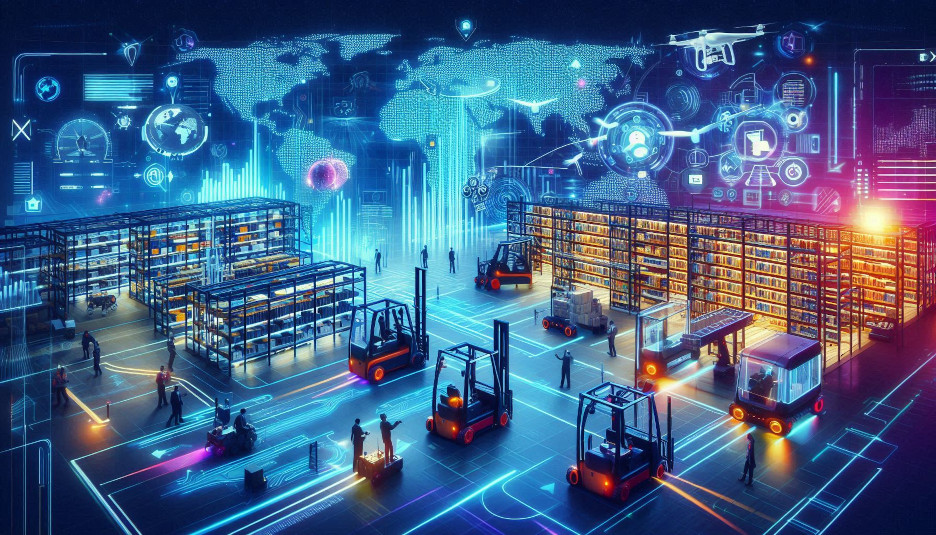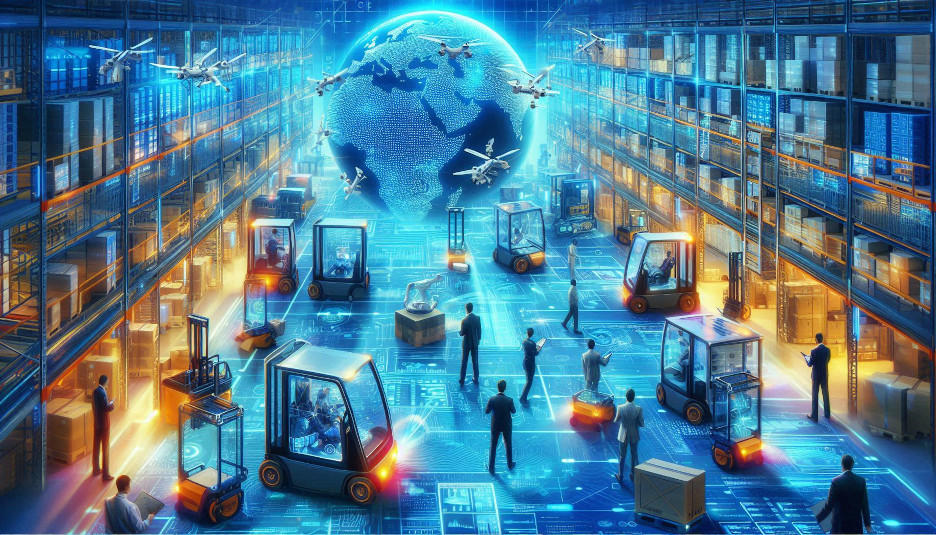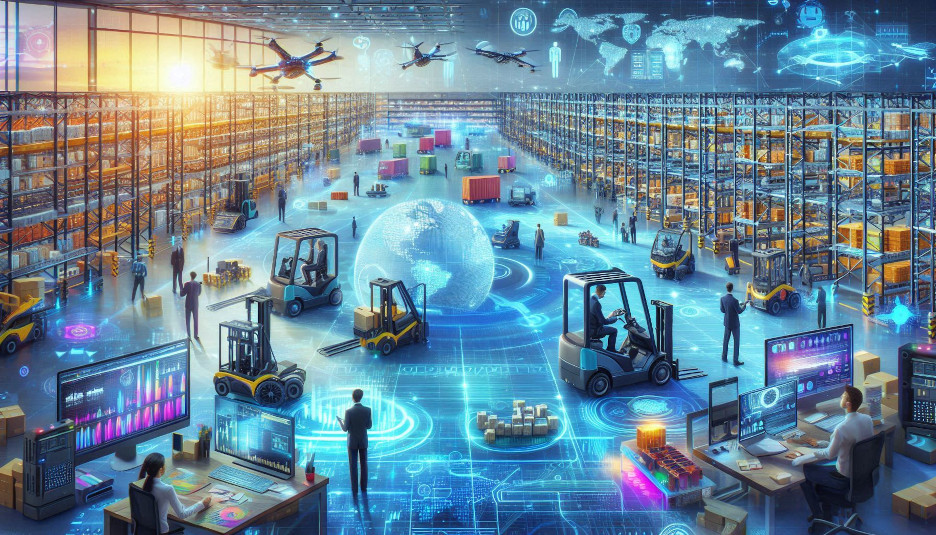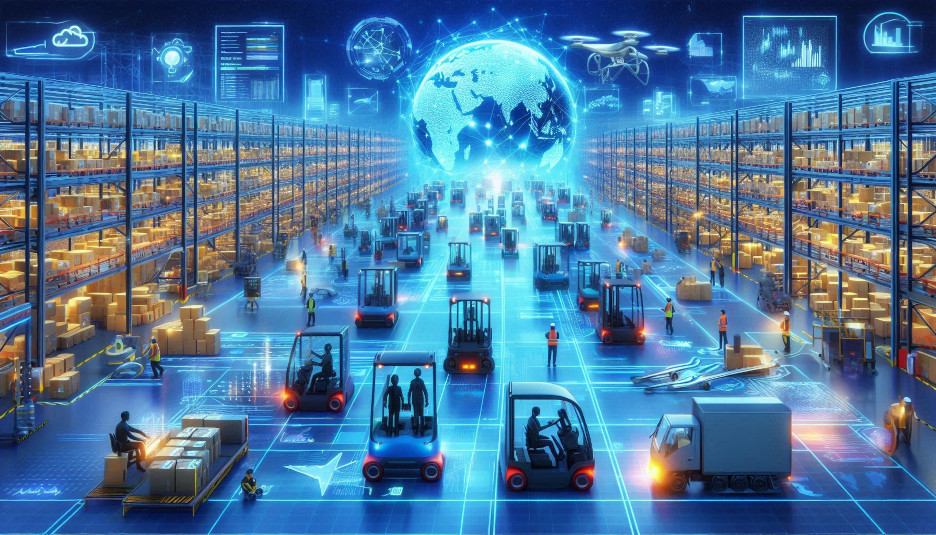Beyond the Basics: The Future of Warehouse Work
-
 John Fry
John Fry - 16 Jul, 2024

Beyond the Basics: The Future of Warehouse Work
The warehouse industry is undergoing a significant transformation, driven by the rapid growth of e-commerce and advancements in technology. Gone are the days of manual labor and repetitive tasks. Today’s warehouses are becoming increasingly automated, data-driven, and technologically advanced. This blog post will explore the future of warehouse work, highlighting the emerging trends and skills required to thrive in this dynamic industry.
The Impact of Technology
Technology is revolutionizing the way warehouses operate:
- Automation and Robotics: Robots are being deployed to automate tasks such as picking, packing, and transporting goods. This increases efficiency, reduces labor costs, and improves accuracy.
- Artificial Intelligence and Machine Learning: AI-powered systems can analyze vast amounts of data to optimize inventory management, demand forecasting, and warehouse layout.
- Internet of Things (IoT): IoT devices enable real-time tracking of inventory, equipment, and employee productivity.
Evolving Job Roles
As technology reshapes the warehouse industry, new job roles are emerging:
- Warehouse Technician: These individuals maintain and troubleshoot warehouse equipment, including automated systems and robots.
- Data Analyst: Data analysts collect and analyze data to identify trends, optimize operations, and improve decision-making.
- Supply Chain Specialist: Supply chain specialists oversee the entire supply chain process, from sourcing raw materials to delivering finished products.
- Cybersecurity Specialist: Cybersecurity experts protect warehouse systems and data from cyber threats, such as hacking and data breaches.
The Importance of Upskilling and Reskilling
To thrive in the future of warehouse work, individuals must embrace continuous learning and adapt to technological advancements. Key skills to focus on include:
- Digital Literacy: Proficiency in using computer systems, software, and digital tools.
- Problem-Solving and Critical Thinking: The ability to identify and solve problems efficiently.
- Adaptability and Flexibility: The capacity to embrace change and learn new skills.
- Communication and Teamwork: Effective communication and collaboration with colleagues and supervisors.
The Future of Warehouse Work
The future of warehouse work holds exciting possibilities. As technology continues to advance, warehouse operations will become more efficient, accurate, and sustainable. However, it’s important to recognize that while technology will automate many tasks, human workers will still be essential to oversee operations, solve complex problems, and provide customer service.
By embracing technology, developing new skills, and adopting a proactive approach to learning, warehouse workers can position themselves for success in the evolving landscape of the industry.


